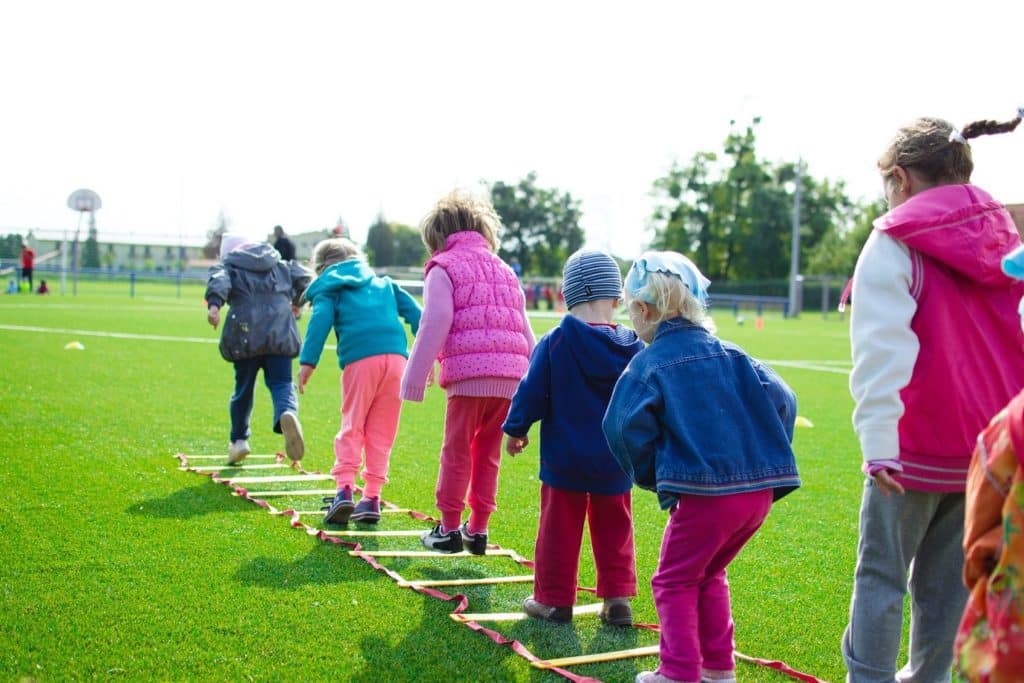Approximately 30% of children who experience domestic family violence (DFV) are children with disability, according to new data.
This comes from ANROWS research led by Sally Robinson from Flinders University, which provides evidence on the prevalence of children and young people with disability experiencing DFV to understand their priorities and service needs.
The research interviews found that children with disability were far more likely than children without disability to have contact with the child protection system and to enter out-of-home care.
They’re also twice as likely to have a mother hospitalised due to DFV assault (8% compared to 4%).
Lead researcher, Robinson says, “[These children] are whole people with interests, humour, contributions, and a sense of fun. They are valued and loved. Most live with their family members in a network of relationships, many of which are complex.”
During the study, children, young people, families and practitioners shared their experiences of the destabilising and isolating effects of DFV and how it impacts the safety of children and young people with disability.
These stories included being on support service waitlists for up to a year, barriers to securing support from government agencies and financial assistance, fear of harm during violent parents’ access visits with children, and the discontinuity of care when service providers fail to turn up to appointments.
Children and young people with disability often reported feeling alone and believing that no one cares if they experience domestic or family violence.
All of this reveals the support system is not meeting the needs of children with disability and that urgent policy attention from all levels of government is very much needed.
Children and young people with disability need trauma-informed and youth-focused support quickly when they experience violence at home.
Working in a trauma-informed way means understanding that violence is scary and can have a harmful impact on a child or young person for a long time. While youth-focused support refers to the recognition that support needs to be present for everyone in a family, especially for children and young people.
Researchers found that in the absence of this kind of support, family and supportive practitioners tended to be the ones required to step in to aid these young people.
ANROWS CEO, Padma Raman, PSM says, “Children’s access to disability and domestic and family violence support must not rely on the family and practitioners’ ability to continually negotiate barriers on their behalf.”
“Support in principle is not enough. Concrete, fit-for-purpose strategies are essential for children and young people with disability, and their families.”
Support services for DFV are critical and their absence makes it all the more difficult for family members to advocate for their children with disability.
Many family members report that it’s harder to leave unsafe housing when alternate support for children and young people with disability is not easily accessible through DFV, disability or family support services.
“The over-representation of children and young people with disability is not because of the children themselves,” says Robinson. “In our study, children and their families had unmet needs for support, experienced unresponsive service systems and intersecting disadvantage relating to violence, poverty, housing crisis and discrimination.”
In order to improve, the study found that services need to be putting children and young people with disability first, recognising their unique needs and making sure workers receive the necessary training to fully support all these needs.
Minister for Social Services Amanda Rishworth says the Albanese Labor Government is committed to improving the lives of children with disability and making the safety of women and children a national priority.
They’ll be releasing the next National Plan to End Violence against Women and Children in October and Rishworth says this will directly address the issues raised in this ANROWS report.
If you or someone you know needs help or advice, call 1800RESPECT on 1800 737 732 or visit 1800RESPECT.org.au. If you need help immediately, please call 000.


